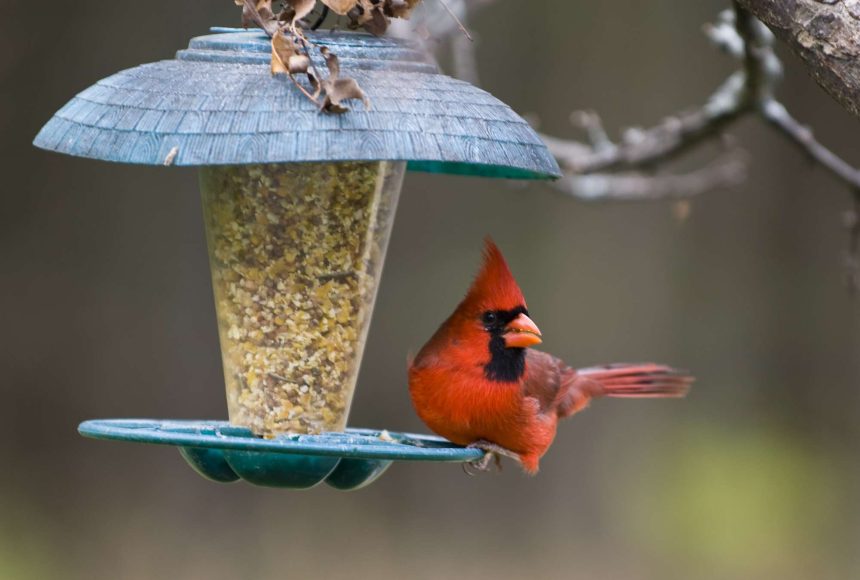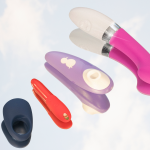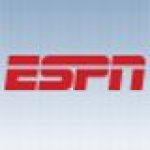Birds are a welcome addition to any landscape—they’re fun to watch, pollinate flowers, and add color to the garden. One ways to attract birds to your yard is by hanging bird feeders, but knowing what to fill them with is essential to keeping avians healthy and nourished. Some foods contain harmful additives and ingredients that are toxic to birds, while others provide them with empty calories that don’t properly nourish them. When filling feeders, birding experts say to avoid these common foods and ingredients.
Bread
Although it’s commonly given to birds, bread is not a healthy snack for avians and can attract unwanted rodents to your feeders. “Feeding bread to waterfowl has been implicated in angel wing syndrome, in which ducklings and goslings are born with deformed, useless wings,” says Julie Zickefoose, bird expert and creator of the DIY WarblerFall bird bath. “Bread attracts starlings and house sparrows, imported invasive species that compete for nest sites with native birds like chickadees, bluebirds, and woodpeckers.”
Raw Meat
While leaving out raw meat may seem like a good idea for birds that eat meat in the wild, such as hawks, eagles, owls, gulls, and crows, it’s best to avoid putting uncooked meat in backyard feeders. “The issue with raw meat is that it could go rancid and spoil quickly, as well attract unwanted pests,” the experts at American Bird Conservancy (ABC) say.
Seeds and Nuts Sold for People
Don’t place seeds and nuts from the grocery store in bird feeders. “These types of food often have a large amount of salt added or other additives and flavors, all harmful for wild birds,” the experts at ABC say. “Salt can cause excessive thirst, dehydration, kidney failure, even death. It’s best to provide birdseed sold specifically for wild birds and to plant and grow native plants that provide beneficial food sources as seeds, fruits, berries, etc.”
Potato Chips
Similar to seeds and nut packages sold for people, potato chips have salt, additives, preservatives, and a lot of oil, which aren’t nutritious for birds.
Honey
Raw honey can cause botulism in birds—caused by a hazardous toxin produced by the Clostridium botulinum bacteria, the experts at ABC say. This can lead to extreme sickness, weakness, and even paralysis. Additionally, honey is high in sugar, and its acidity can cause problems in a bird’s digestive system. “It can also get messy, sticking to their beaks and feathers, making it difficult to fly,” say the experts at ABC.
Old Birdseed
Do not offer old, spoiled, or wet seed mixes to birds, as they can go rancid and grow mold that can produce toxins that are fatal to birds. “People shouldn’t assume that birds can handle eating seed where the bag was improperly stored or left unsealed for a very long time,” say the experts at ABC.
Fruit Seeds and Pits
While its safe to feed birds certain fruits, it’s important to remove the seeds and pits first. Some fruit pits and seeds, like those in apples and pears, contain traces of cyanide, which is harmful to birds. “It’s best to remove seeds from the fruit you feed to birds—as in apples, pears, cherries, oranges, peaches,” the experts at ABC say.
Chocolate
Chocolate is known to be very toxic for birds and can cause convulsions, heart arrhythmia, vomiting, and even death. “Birds lack the enzymes required to digest theobromine, which is found in cocoa beans—the main ingredient in chocolate,” say the experts at ABC.
Pet Food
The internet at large may suggest using cat or dog food to feed birds in a pinch. This is not recommended, as the dietary needs of cats and dogs versus birds are vastly different.
Dry Beans
It’s a bad idea to offer dried beans because some types of uncooked beans contain a substance known as phytohemagglutinin that is toxic to birds, the ABC experts say. Cooking beans removes this substance.
Dairy Products
Avoid putting dairy products, like cheese, in your bird feeders. “Birds don’t have the enzyme necessary to break down lactose that is in milk and other dairy products,” the experts at ABC say.
Avocados
Although they’re a great source of fat, avocados contain persin, which is toxic to several bird species. “The most common signs of persin toxicity in birds are collapse, lethargy, heavy breathing, and sudden death,” say the experts at ABC.
Red Dyes
People sometimes put red dye in hummingbird nectar because the color is known to attract the avians, but this can be harmful for birds. “Instant nectars often contain red dyes with artificial chemicals that can cause suffering in hummingbirds,” the experts at ABC say. “There’s no point to them other than that they are used because hummingbirds are attracted to the color red—red flowers are easy for them to spot.”
Soybeans
Soybeans are not recommended because they tend to be coated with very harmful neonicotinoid pesticides, also known as neonics. “Neonics weaken and harm birds even when they are consumed at lower levels,” say the experts at ABC. “Individual birds that consume seeds coated with this neurotoxin might experience convulsions, loss of motor control, and have difficulty navigating—all symptoms that can prove deadly.” Corn also contains neonics and should never be put into bird feeders.
Grape Jelly
Grape jelly is often given to orioles, but any jelly containing high fructose corn syrup or other highly processed jelly should be avoided, say the experts at ABC. Natural grape jelly is safe for orioles. However, if you have hummingbirds, be sure they are not getting in the jelly—there have been reports of hummingbirds who have been harmed from jelly on their feathers; using an oriole feeder for jelly can prevent this.






